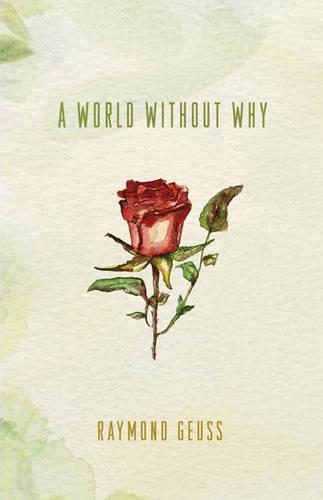
A World without Why
(Paperback)
Available Formats
Publishing Details
A World without Why
By (Author) Raymond Geuss
Princeton University Press
Princeton University Press
26th April 2016
United States
Classifications
Tertiary Education
Non Fiction
Social and political philosophy
170
Physical Properties
Paperback
288
Width 127mm, Height 203mm
28g
Description
Wishful thinking is a deeply ingrained human trait that has had a long-term distorting effect on ethical thinking. Many influential ethical views depend on the optimistic assumption that, despite appearances to the contrary, the human and natural world in which we live could, eventually, be made to make sense to us. In A World without Why, Raymond
Reviews
"Geuss is a unique voice in contemporary philosophy, and this book is ideal for anyone interested in intellectual history."--David Gordon, Library Journal "In A World Without Why, Raymond Geuss brings his caustic intelligence to many of themes and figures that have occupied his career."--Alex Sager, Marx & Philosophy "In these 13 essays, well-known critical philosopher Geuss ranges over a very wide field of topics--politics, ethics, cultural formations, history, ancient literary and philosophical works, and criticism itself... [S]tudents can read some of these essays with profit, such as the discussion of when obscurity of speech might be best."--Choice "This book leaves a lasting impression. Geuss is a great writer and a very thoughtful human being who has resisted quite valiantly the conventions of his discipline and his times. This is no 'grim' outlook at all, but rather hopeful, and one can only hope that Geuss himself agrees."--Laurie M. Johnson, European Legacy
Author Bio
Raymond Geuss is professor emeritus of philosophy at the University of Cambridge. His books include Politics and the Imagination and Philosophy and Real Politics (both Princeton).
